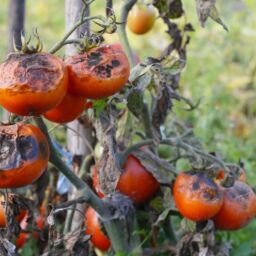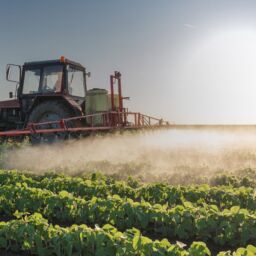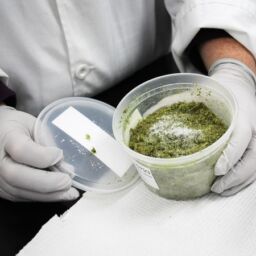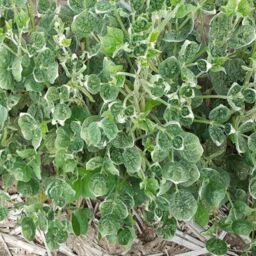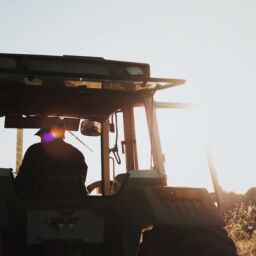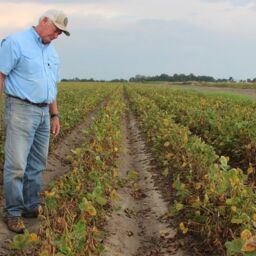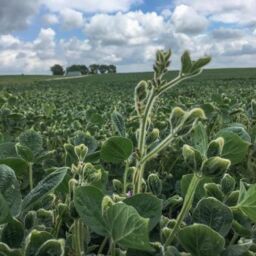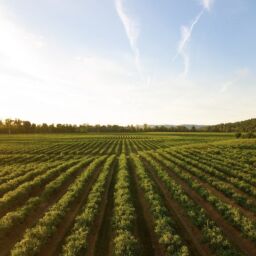“We Now Have the Roadmap”: Farmers from Missouri, Arkansas and North Carolina Describe Controversial Herbicide’s Impact on Their Crops and Livelihood; Monsanto/Bayer and BASF Seen as Lowballing Likely Legal Fallout.
ST. LOUIS, MO.//February 26, 2020//More than 2,000 U.S. farmers are likely to file lawsuits seeking justice for the damage to their crops inflicted by the controversial dicamba herbicide from Monsanto/Bayer and BASF in the wake of the recent $265 million verdict in Missouri, according to the law firm Peiffer Wolf Carr & Kane (Peiffer Wolf). Today, Peiffer Wolf made that estimate public during a news event featuring three Missouri, Arkansas and North Carolina farmers who have been victimized by dicamba.
Peiffer Wolf currently represents dozens of farmers with dicamba damage and the number of such clients has increased in the days since the $265 million Bader Farms verdict in Cape Girardeau, Missouri.
Peiffer Wolf managing partner Joseph Peiffer said: “We now have the road map to get justice for dicamba victims. The Bader verdict in Missouri sent a clear signal that you can’t profit off of hurting innocent farmers and get away with it. Monsanto/Bayer and BASF understandably want to calm down shareholders and the markets by pretending that there aren’t more than 2,000 farmers out there with dicamba damage. The crop damage research and increasing farmer complaints forecast a much bigger problem than Monsanto/Bayer and BASF want to admit. At some point, Monsanto/Bayer and BASF need to stop killing farmers and their livelihood.”
Peiffer Wolf attorney Paul Lesko said: “Since the verdict, we’ve spoken with many farmers who have suffered dicamba damage to their crops. They want to know what to do and what recourse they have. As the farmers we have brought together to speak today indicate, these are people who are already up against difficult odds for success. They don’t need dicamba to make an already difficult situation worse.”
Hunter Wankowski is a sixth-generation farmer with family roots going back to Wisconsin in 1885. He is one of the owners of Hunter Tree Farms in O’Fallon, Missouri, which is outside of St. Louis. He raises shade trees for sale, including maples, oaks, lindens, conifers, red buds and birch. Hunter Tree Farms suffered dicamba damage to nearly 3000 trees in 2016 and 2017. Wankowski’s operation had to postpone the tree farm’s plans for a grand opening in 2018.
Wankowski said: “The impact was very bad considering we were in our infancy of starting up our company … Our company could not sell any trees in 2018 or 2019. We started with 1875 trees a year and should have had well over 3,000 trees by now. Yet at this point, we only have around 350 total trees from that time frame, and out of these there are maybe only 100 marketable trees. We are planning again to do our grand opening this year, but may have to hold back again because we don’t have the more mature four- to five-year-old trees that we anticipated.”
Joe McLemore is the owner of the 1,000-acre McLemore Farms. In 2016-2019, dicamba damaged his soybean fields near Marion and West Memphis, Arkansas.
Speaking of the toll he has suffered, McLemore said: “This ordeal has caused me to live with increased anxiety. We always have a lot of factors that determine how well we are going to do. This was another thing that we had no control over, which has made for a lot of sleepless nights. For this to happen over and over is very frustrating. It’s hard enough to make a living as a farmer, and this just makes everything worse. I don’t ever get a chance to relax, when the entire year the crop is stressed from this and there is no way of anticipating which of the fields were hit or with how much of the chemical.”
Marty Harper is a farmer south of Greenville, North Carolina. He grows peanuts, cotton, corn, soybeans, wheat, sweet potatoes and tobacco. He estimates the dicamba-related damage to his tobacco fields at over $200,000.
Harper said: “We do use Monsanto/Bayer products but not dicamba technology. We have a way to keep the fields clean without using dicamba. We can’t use it because of all the different crops on my farm and our neighbors’ farms. You want to be respectful of your neighbors. In North Carolina, we have close proximity to our neighbors, and there are much smaller farms all around. We farm thousands of acres in smaller chunks, meaning there are neighbors on either side of us all the time.”
In 2017, 3.6 million acres of soybeans on 2,708 farms nationwide were damaged by dicamba, according to the estimate of University of Missouri crop science professor Kevin Bradley. The Illinois Department of Agriculture found a five-fold increase in complaints — from less than 130 total complaints for all pesticides in 2016 to more than 700 for dicamba alone in 2019. According to Modern Farmer, farmers impacted by dicamba will lose an estimated 10 to 30 percent of their annual crop yield.
Peiffer Wolf is fighting on behalf of farmers and landowners to seek maximum compensation for the damages suffered due to dicamba. Farmers who suspect that their crops or plants have been damaged by dicamba should contact Peiffer Wolf by filling out an online contact form or by calling 314-833-4826.
Peiffer Wolf Carr & Kane, APLC is a national law firm with offices in Missouri, Cleveland, Austin, New York, New Orleans, San Francisco, and Los Angeles. https://dicambadrift.com/
MEDIA CONTACT: Max Karlin, (703) 276-3255 or [email protected].
EDITOR’S NOTE: A streaming audio replay of this Peiffer Wolf news event will be available as of 5 p.m. CST/6 p.m. EST on Wednesday, February 26, 2020, at https://dicambadrift.com/.
FREE Consultation | 314-833-4826
Dicamba Damage Lawyers at Peiffer Wolf Carr & Kane are fighting on behalf of farmers and landowners to seek maximum compensation for the damages suffered due to Dicamba Damage. If you suspect that your crops or plants have been damaged by dicamba, contact Peiffer Wolf Carr & Kane by filling out a Contact Form or by calling 314-833-4826 for a FREE Consultation.



